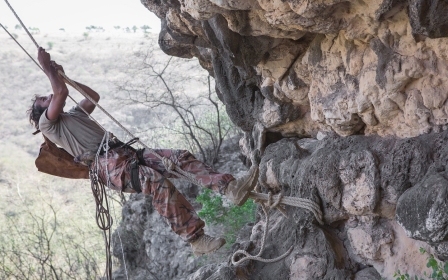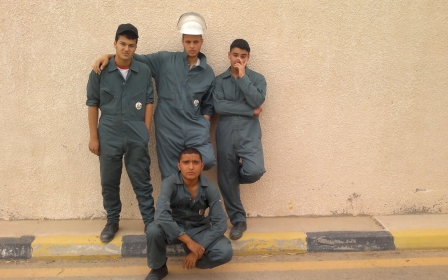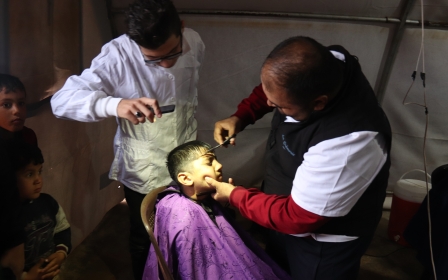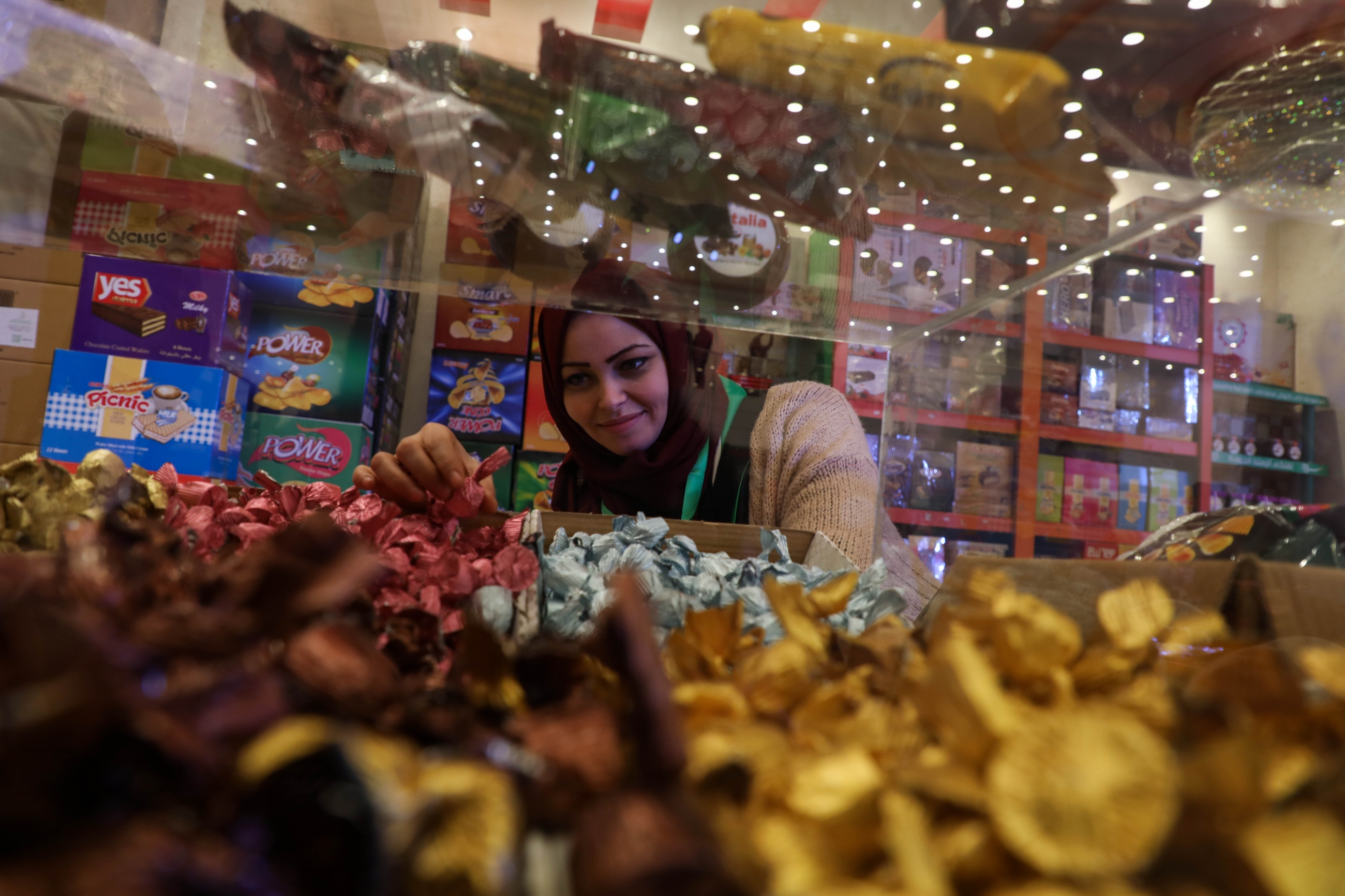
In Pictures: The Gaza factory 'making sweets at any cost'
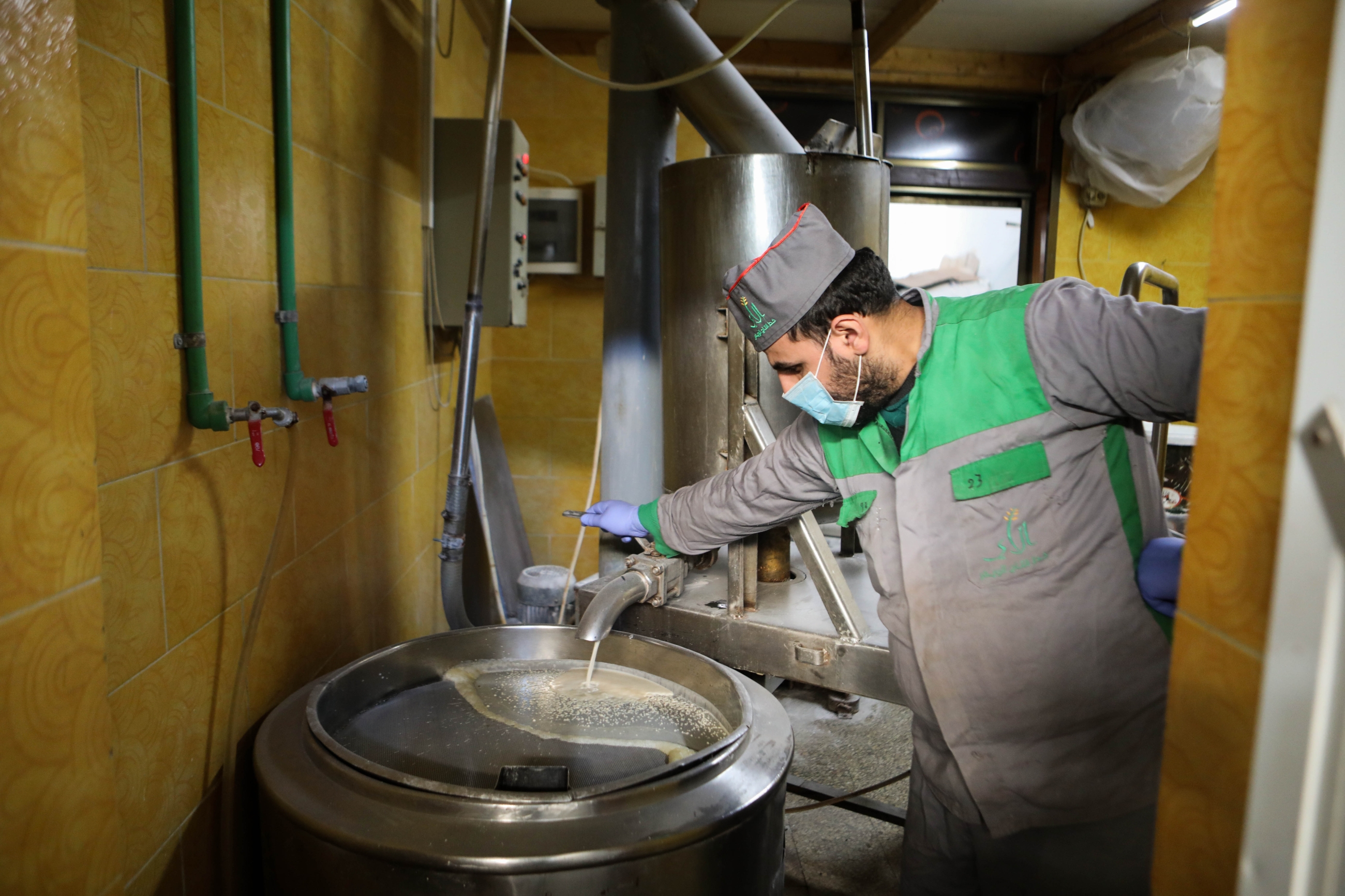
In Gaza's al-Zawiya market neighbourhood stands The Alai Factory for Sweets, one of a number of confectionery businesses struggling to survive in a fragile economy and volatile political environment. Established in 1987 by 53-year-old Palestinian Wael Alai and his brothers, the factory was originally located in eastern Gaza, near the border fence with Israel. (All photos by Mohammed Hajjar)
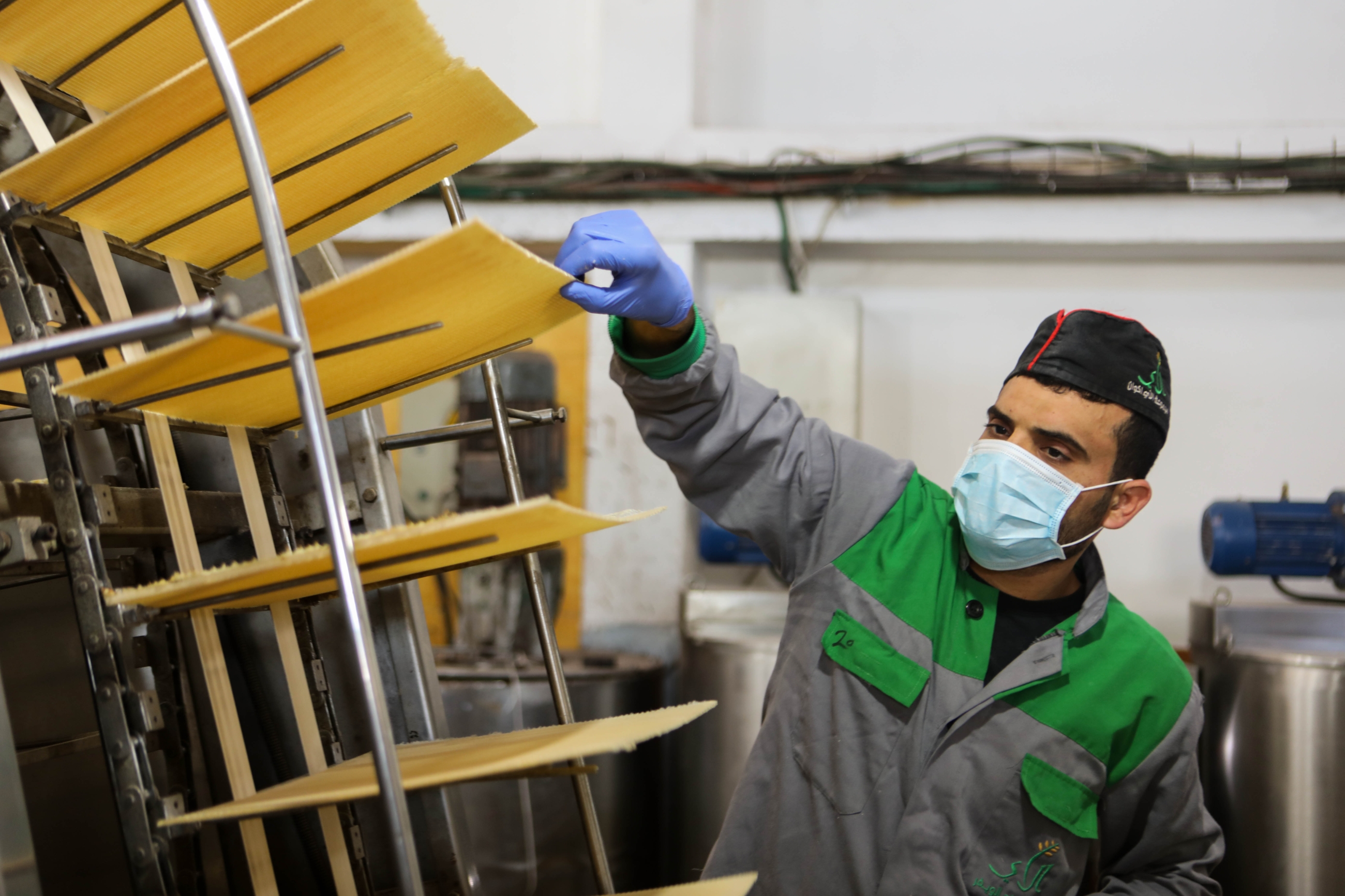
The Alai factory started off as a small project to produce and sell nuts in order to cover the family’s needs and expenses. As the business became more popular, they later expanded it into an assortment of confectionery, including biscuits, chocolates and crisps.
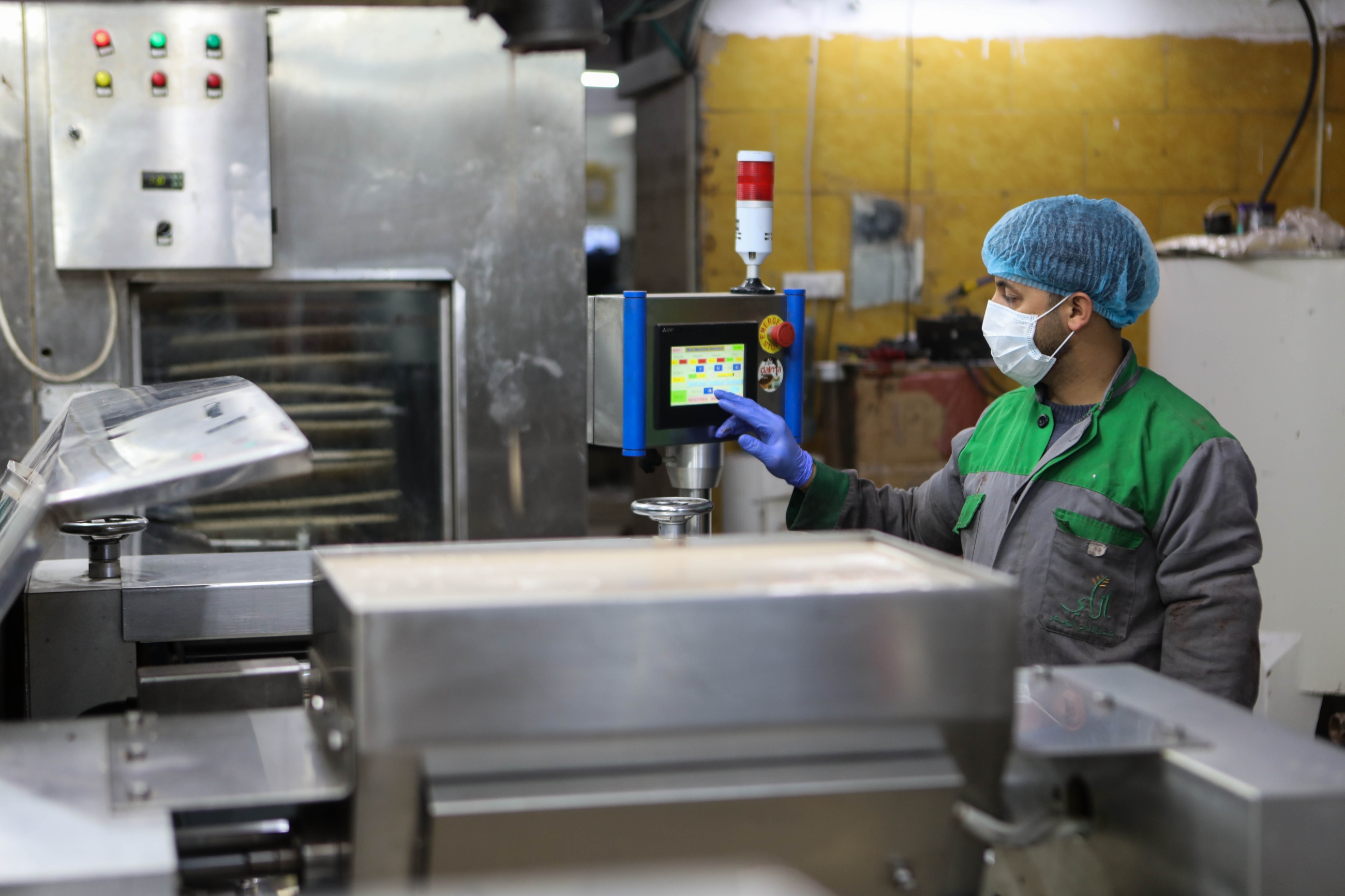
The original building sustained damage from an Israeli air strike during the Gaza War of 2009, forcing them to relocate. After the factory was bombed, the Alai brothers decided to minimise the risks should it happen again. “This time we didn't put all our eggs in one basket," Alai says. "We decided to build three small ones in different places, so that if Israel targets one building, we can still have two other ones."
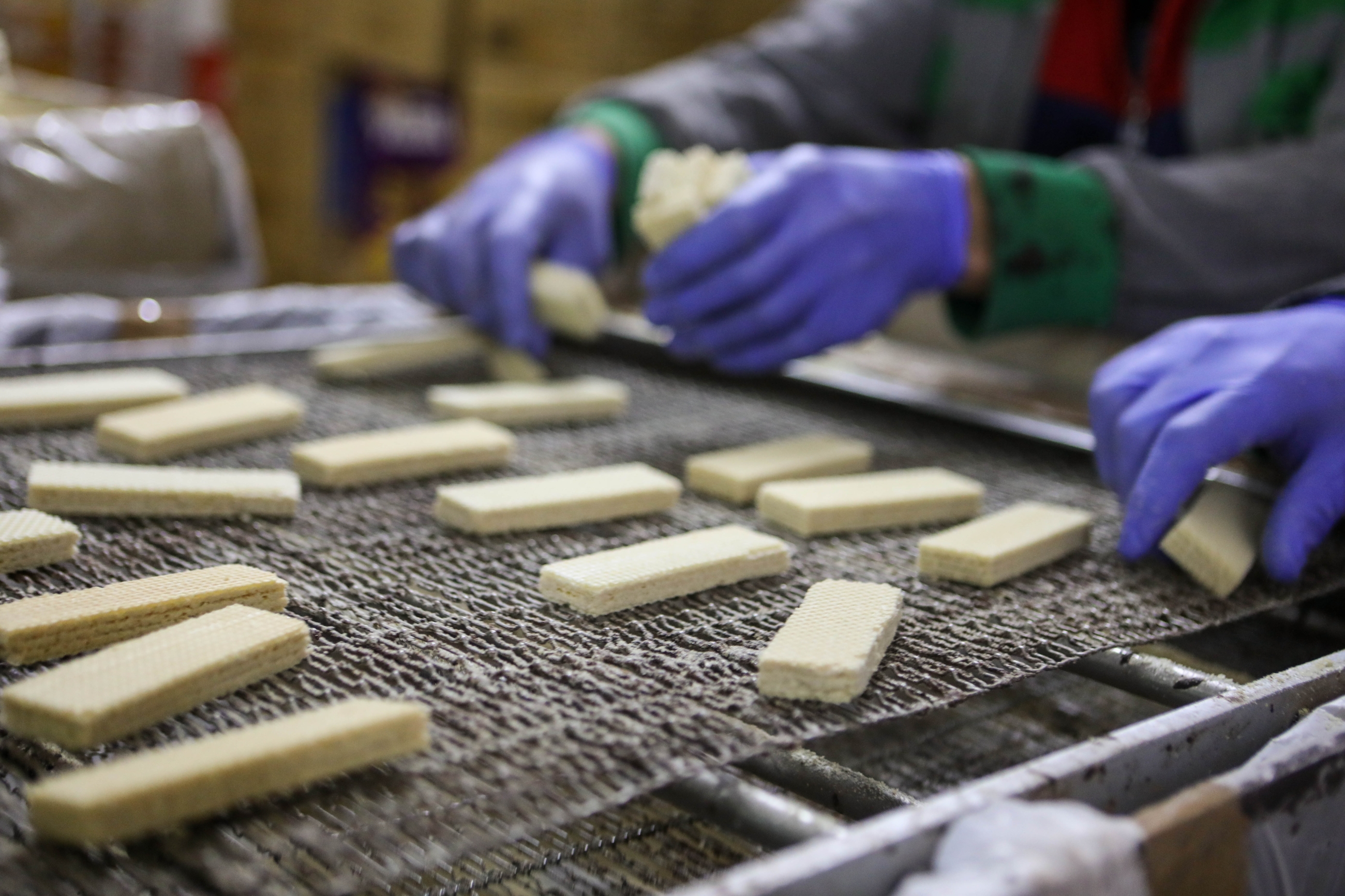
This contingency plan may have saved them from the prospect of having to halt production again, but it came with a financial risk. "Having to run three different factories in different places is draining and adds even more expenses," Alai says. "But what shall we do? We have to look for expensive solutions to keep going.”
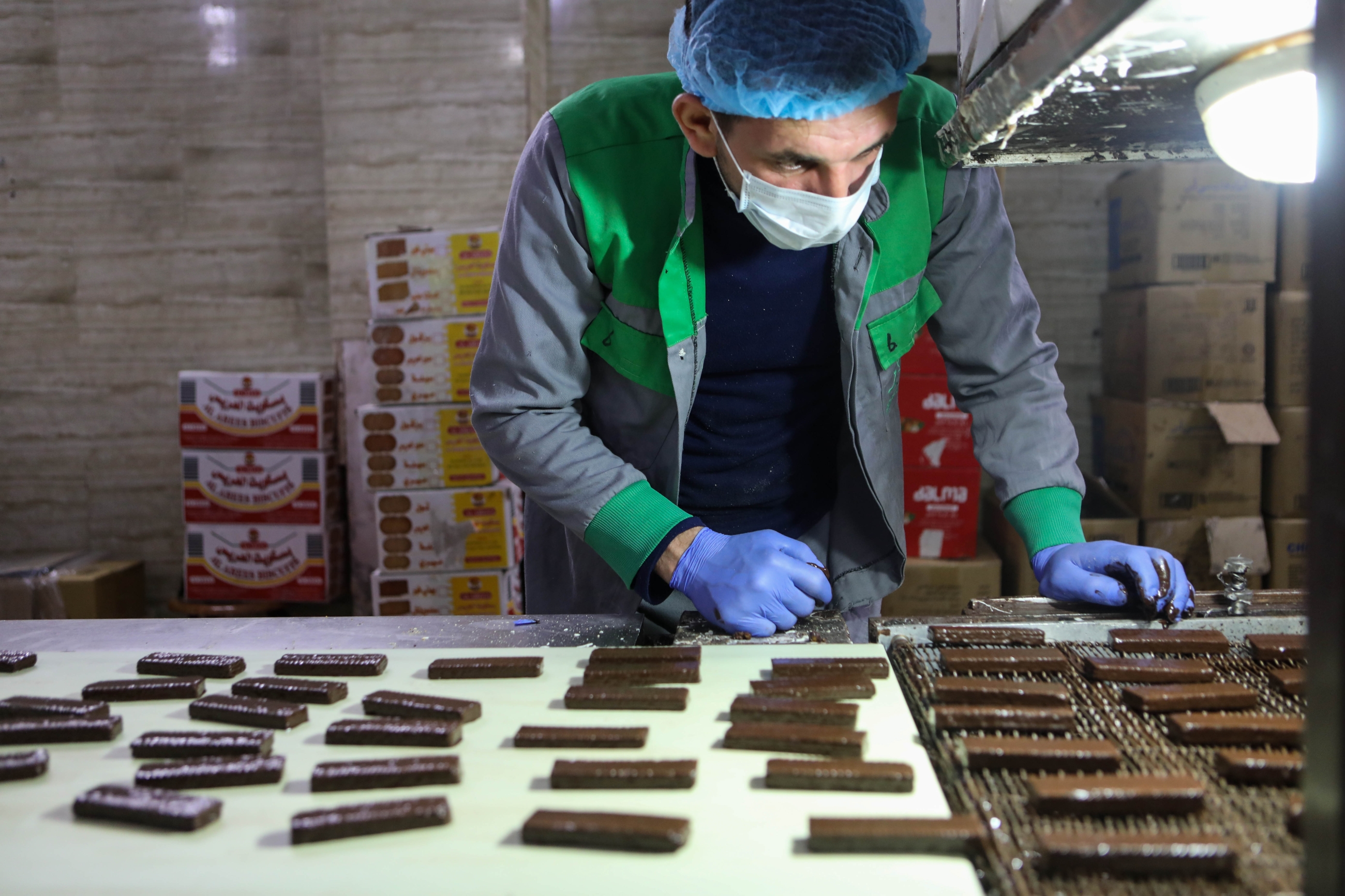
One of their products is "Korona", a chocolate-covered wafer that's been around for over 30 years. Salma Muhammed, 28, says the wafers remind her of growing up in the 90s. “When we were in primary school, we used to get around one shekel ($0.25) in pocket money every day. And every day we would wait for break time to buy around five Koronas and a small carton of juice,” says Muhammed.
“I still like to buy Korona when I take my son to the supermarket, and it's especially interesting that one shekel can still buy the same amount of Koronas more than twenty years later, even though everything has become more expensive."
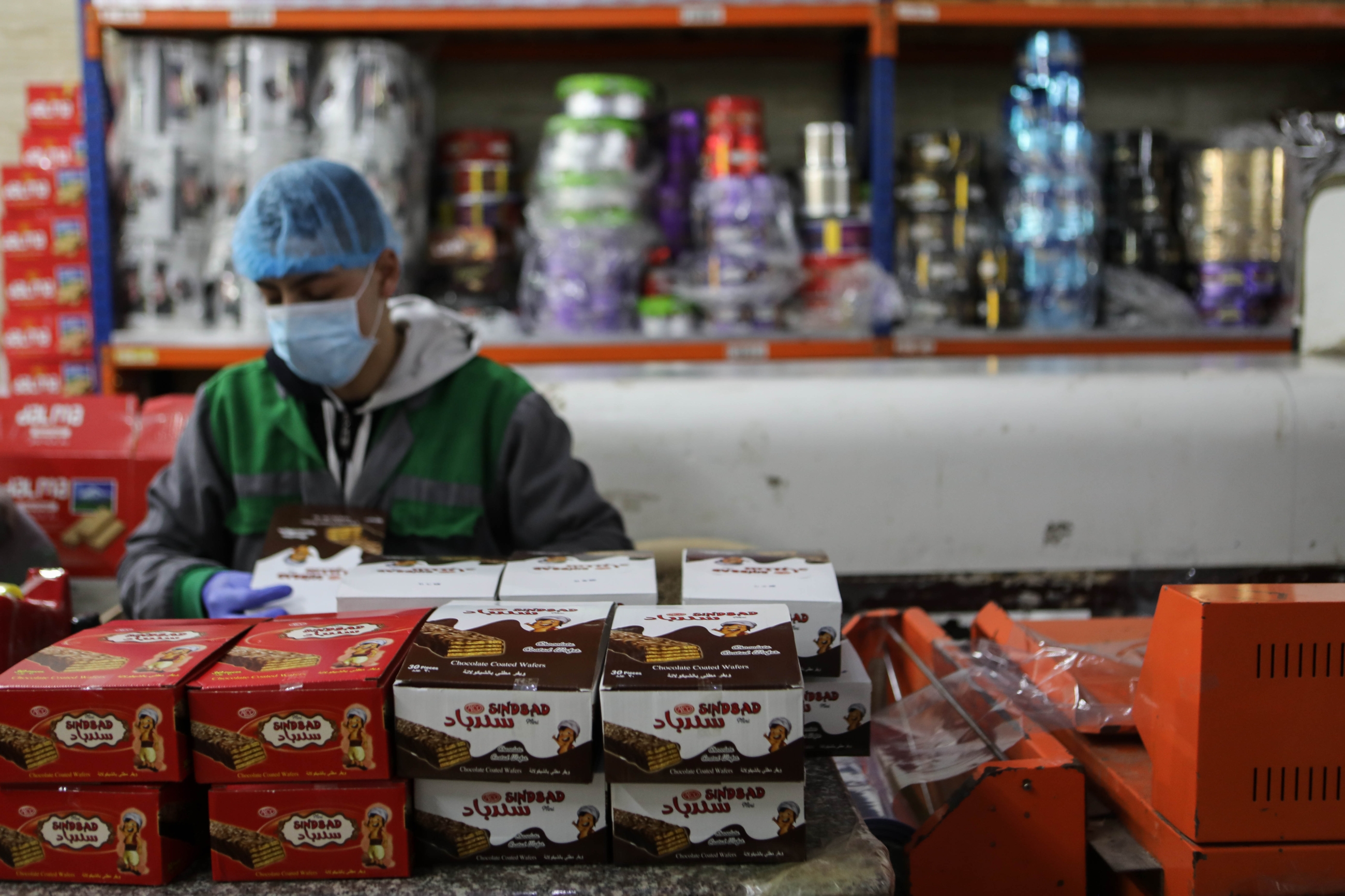
When she shops for groceries, Muhammed adds that she always looks at the barcode on the products to avoid buying Israeli products and choose the local ones instead. “I always try to support Palestinian products even though I know other products may be better in terms of quality due to the challenges Gaza factories face. After all, if we don't support our own products, who would do that for us?”
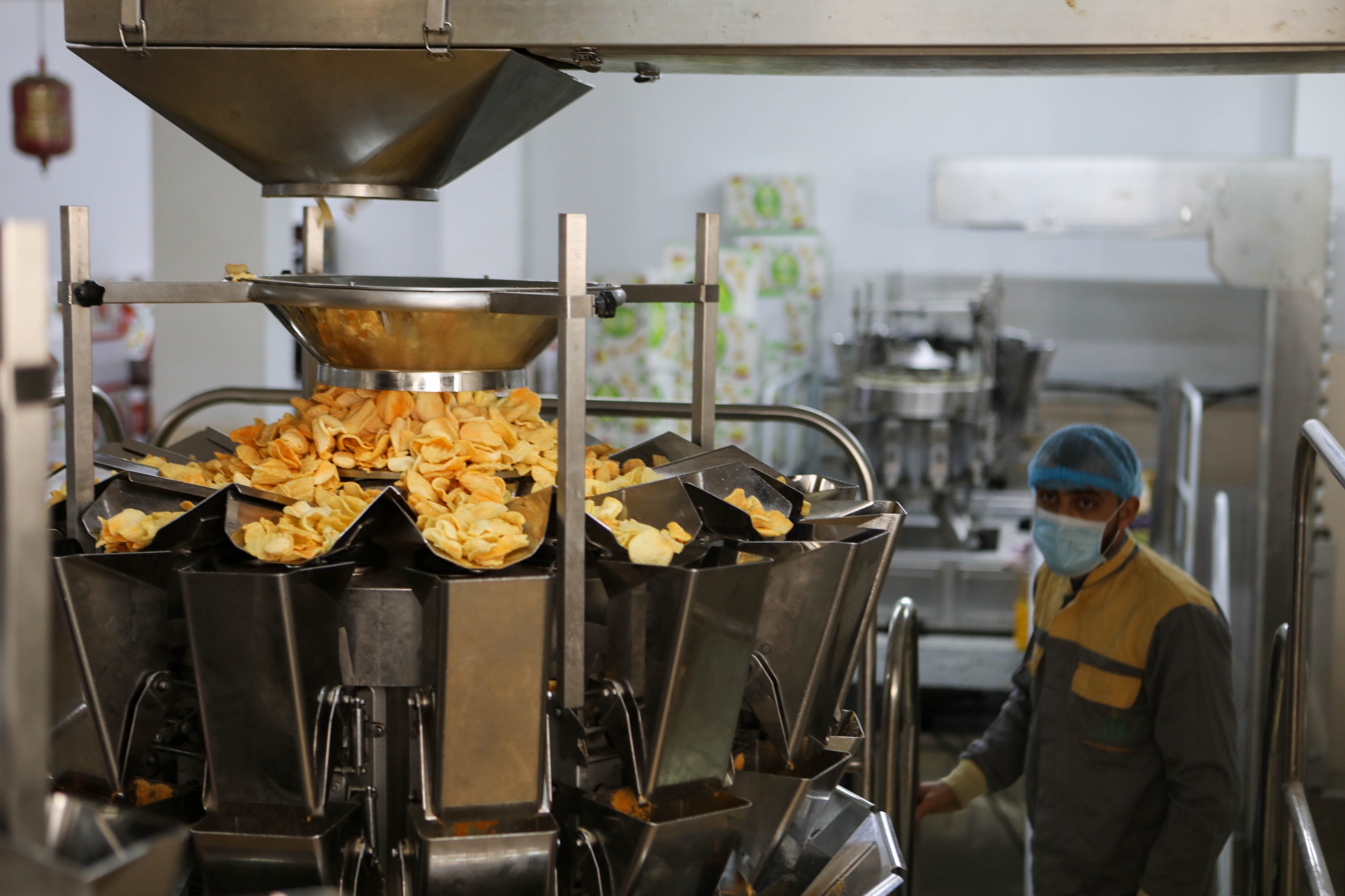
The Gazan economy has been severely affected by Israel's blockade, following Hamas' legislative election win in 2006. This had a major impact on the private sector, which faces tight restrictions on exports and imports. Only two out of five crossings remain open. “We used to export products to the West Bank and the Occupied Palestinian Territory, but following the imposition of the blockade, Israel blocked exports from Gaza, which meant heavy losses for us,” Alai says.
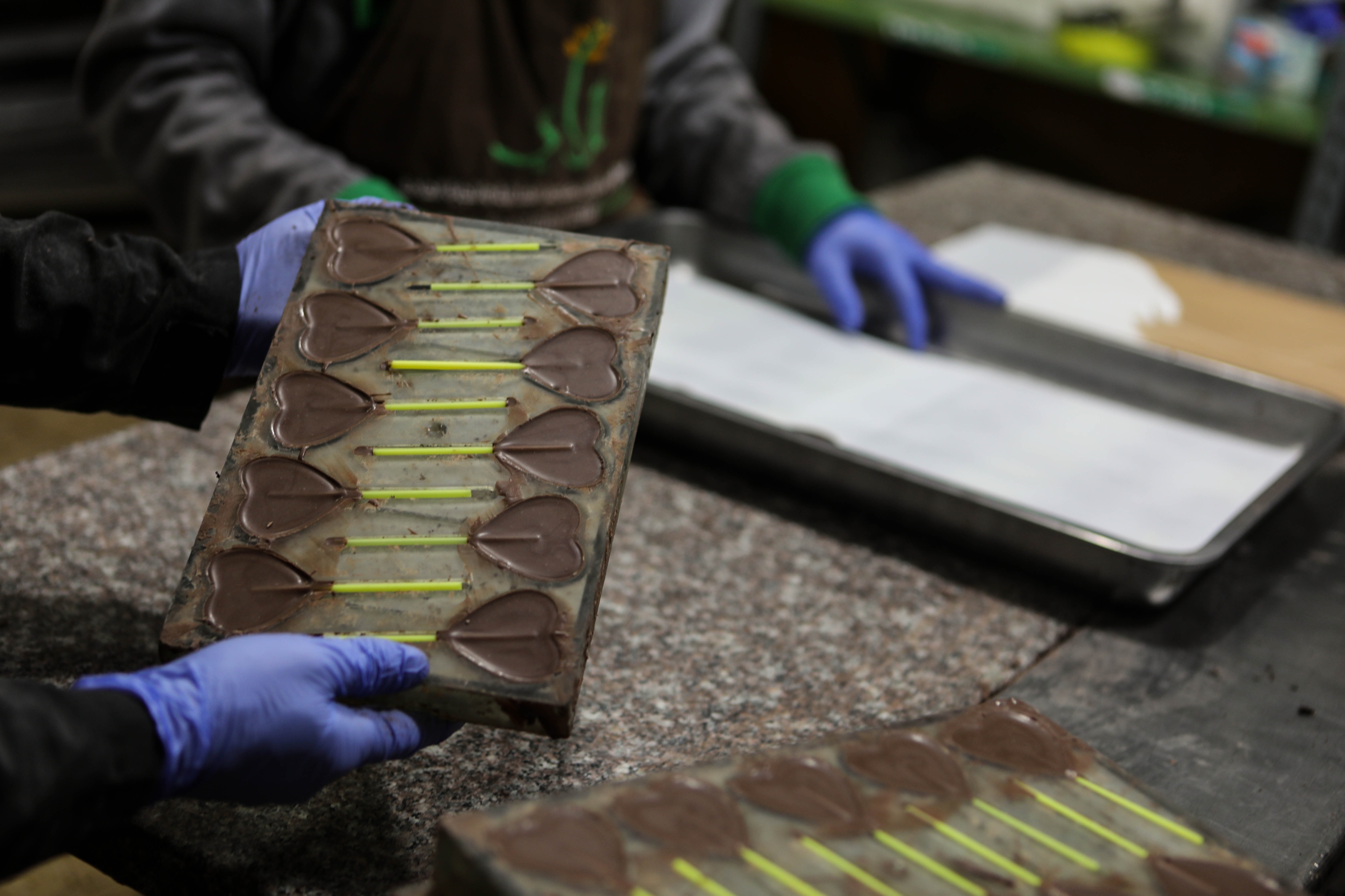
Electricity shortages and border closures put added pressure on production. “We receive about six hours of electricity per day, so we depend entirely on power generators to operate the machines. But this adds extra expenses,” Alai says. “For example, the price of fuel and diesel in Gaza is much higher than in Turkey and Egypt, taking into account that Egyptian and Turkish goods are also competitors. This means we can't reduce prices or improve the quality of products.”
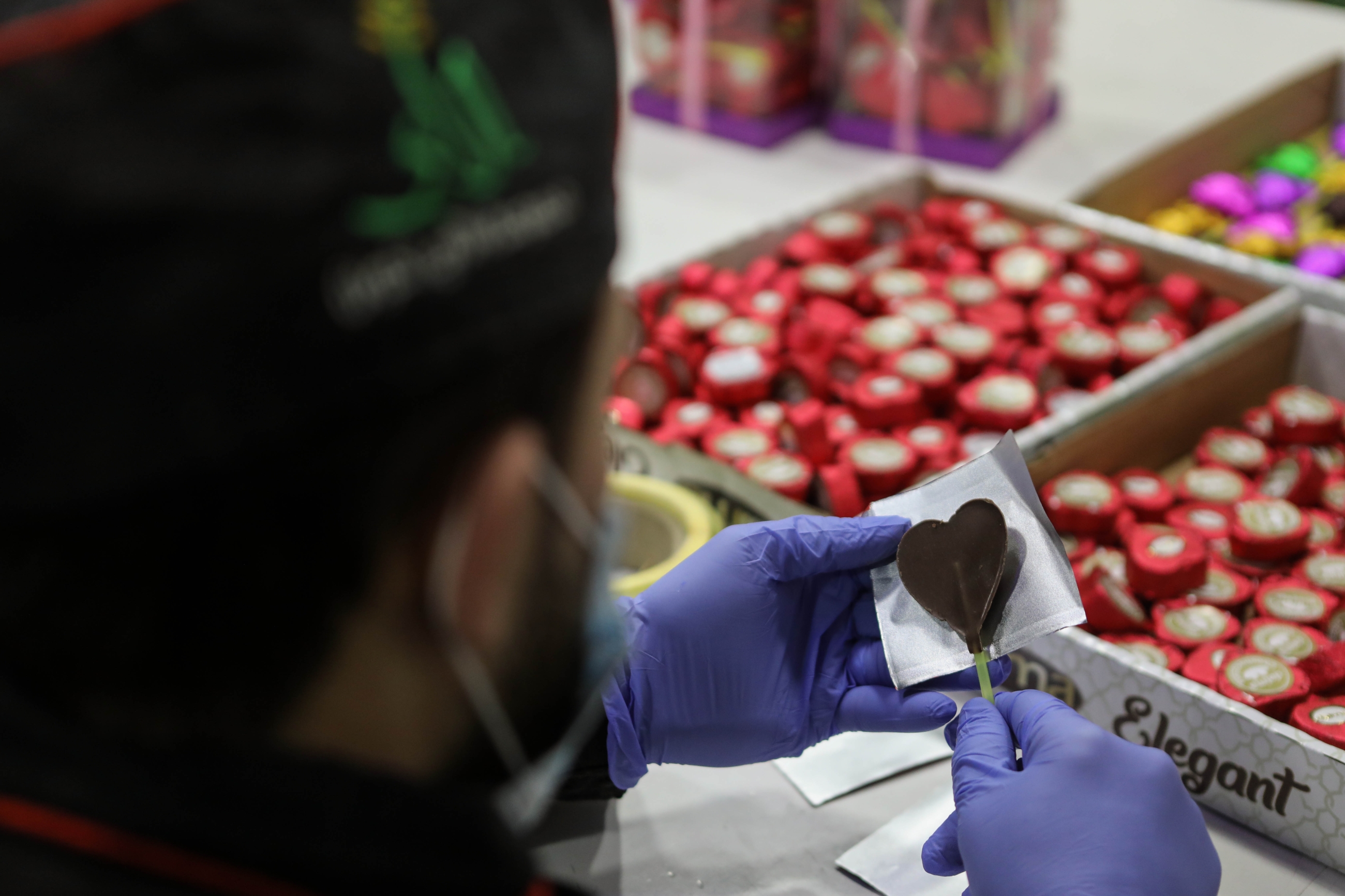
Of the 75 workers at the factory, 13 are university students or fresh graduates. “One of the workers here is a trainee lawyer. He comes to work every day after he finishes his training, just to make some money to cover the cost of his commute to court,” Alai told MEE. “I often ask him why he insists on working here even though he doesn't earn much. He tells me that he doesn't want to be rich, he only wants to reduce the financial burden on his father.”
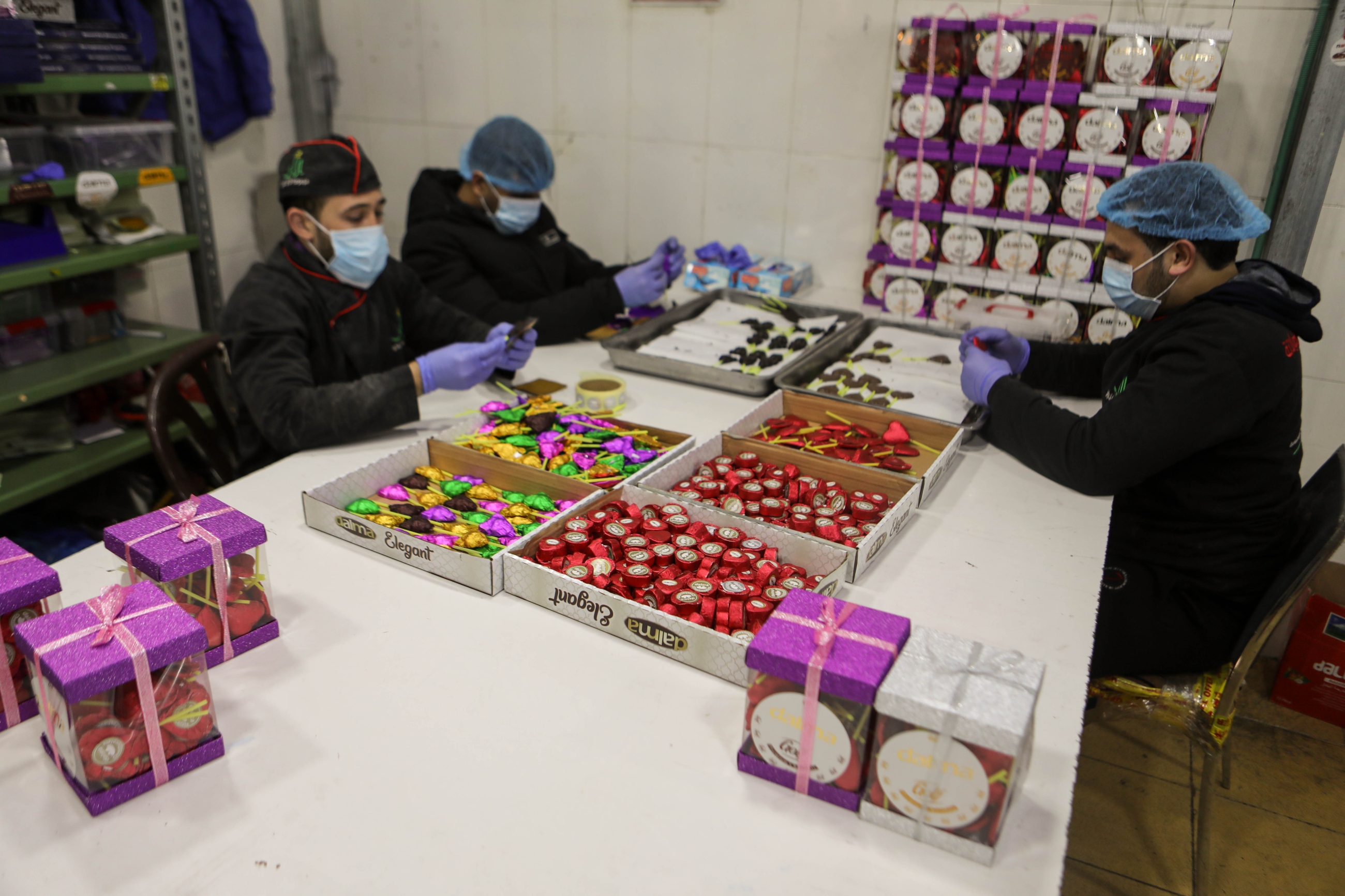
One of the brothers' goals is to provide employment for the people of Gaza, where the unemployment rate is amongst the highest in the world, reaching 52 percent at the beginning of 2020. “We do our best not to downsize on workers, because each one of those young men are the sole breadwinner for a family or two," Alai says. "but with the situation of Gaza getting worse every month, we can barely cover our own expenses.”
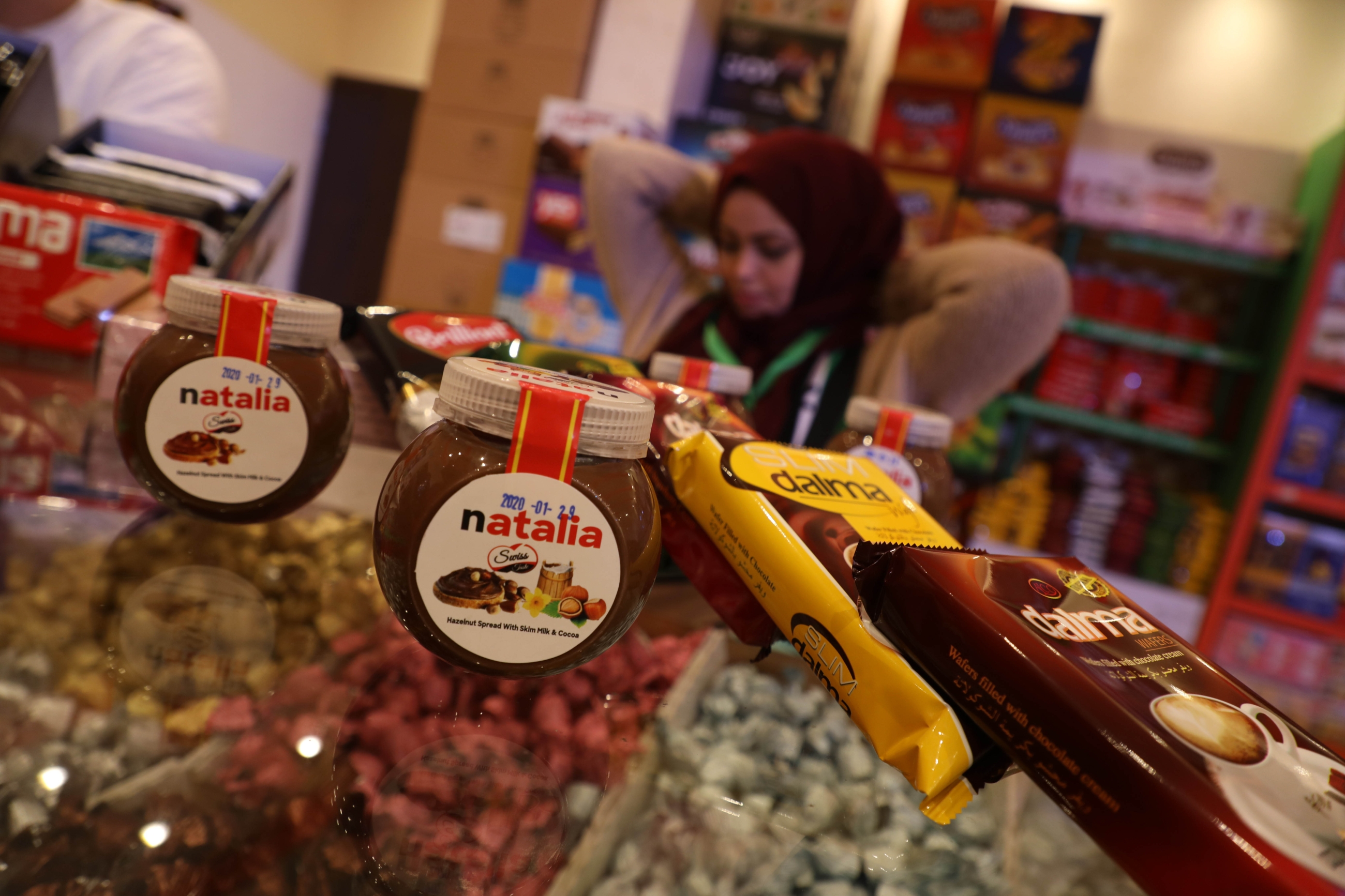
Yet Alai remains determined to “make sweets for Gaza at any cost”, especially since he believes the private sector is Gaza’s only hope to reduce dependency on international aid and occupation. “I can't say that we haven't thought of giving up and closing the factory several times before. The challenges are overwhelming and we don't have options,” he told MEE.
Middle East Eye propose une couverture et une analyse indépendantes et incomparables du Moyen-Orient, de l’Afrique du Nord et d’autres régions du monde. Pour en savoir plus sur la reprise de ce contenu et les frais qui s’appliquent, veuillez remplir ce formulaire [en anglais]. Pour en savoir plus sur MEE, cliquez ici [en anglais].


